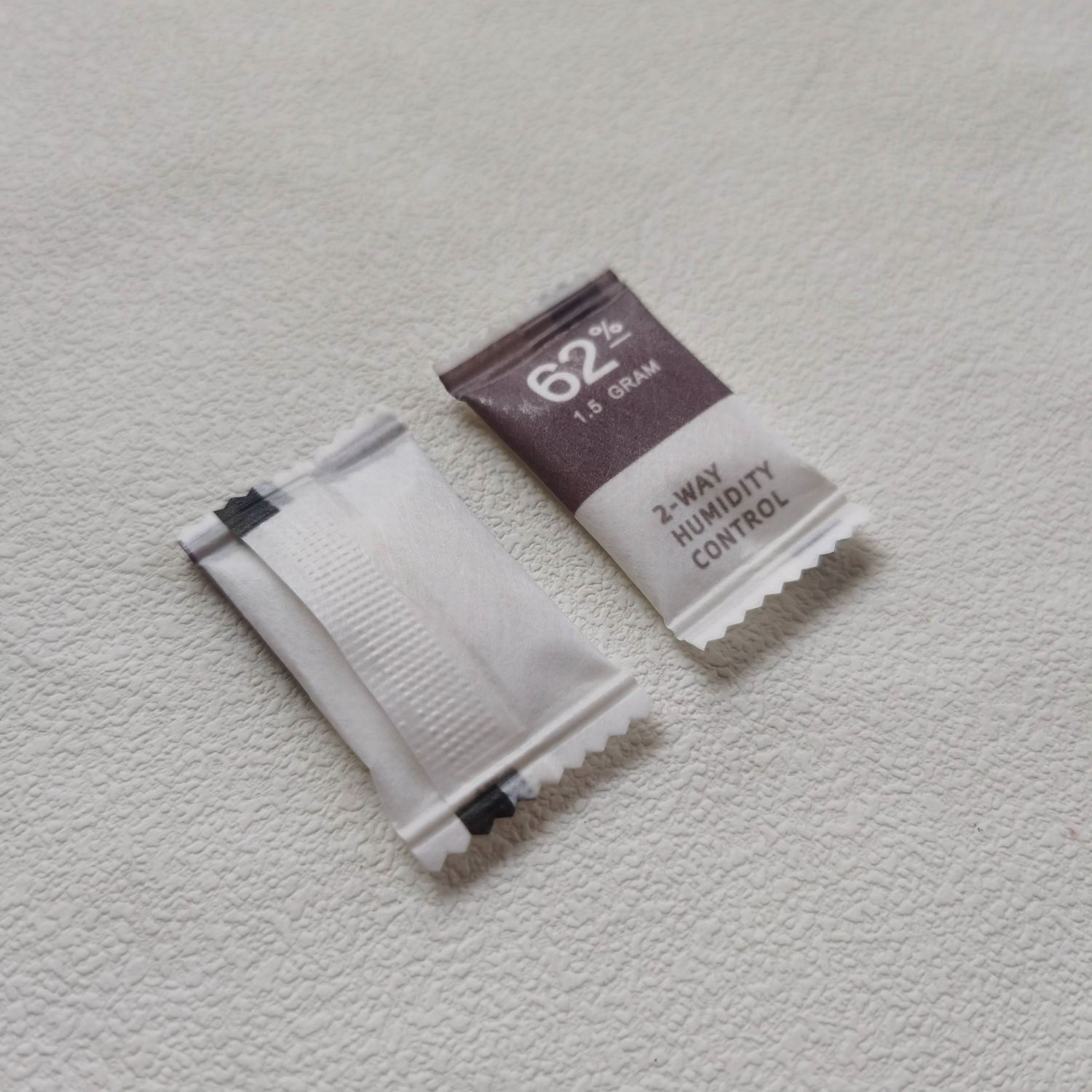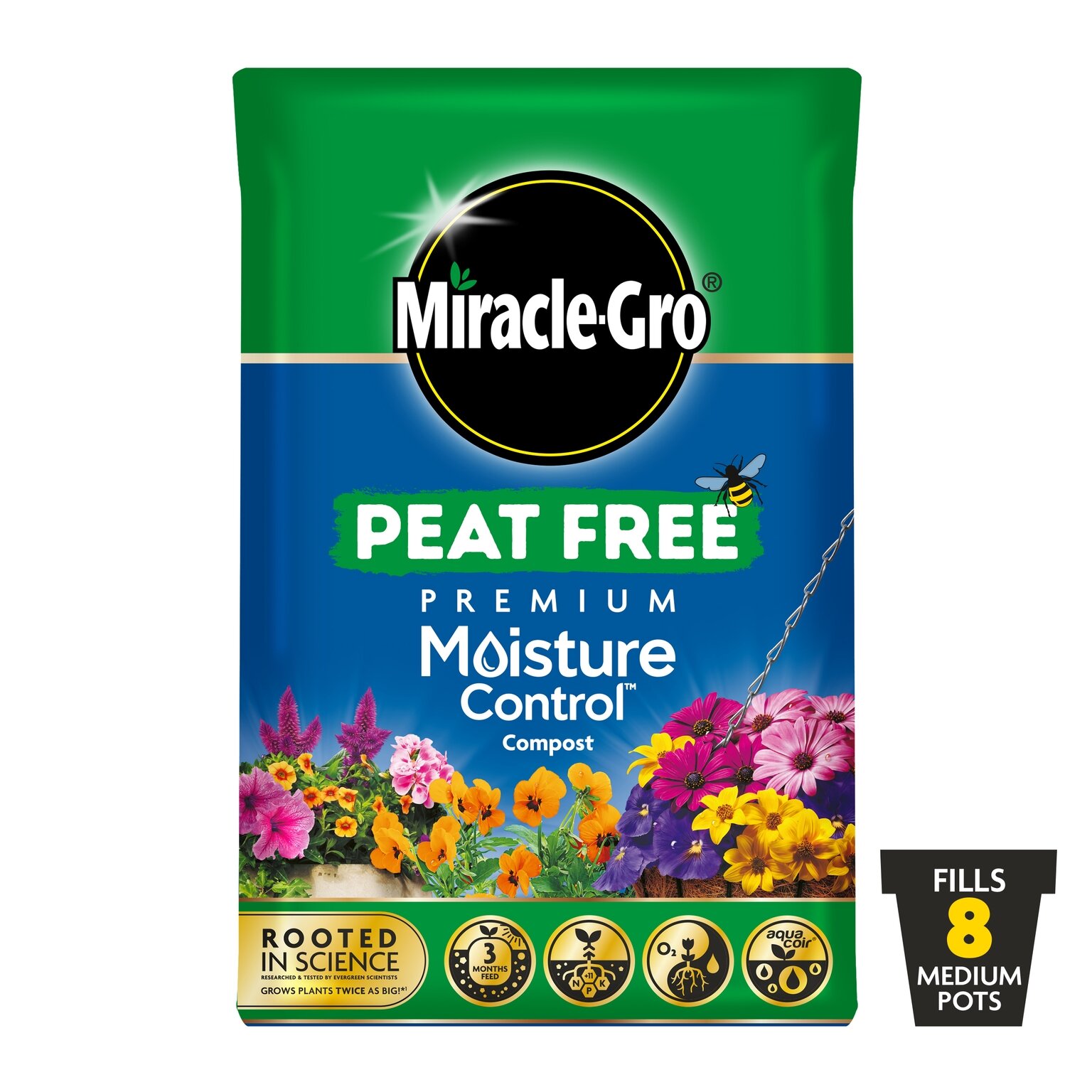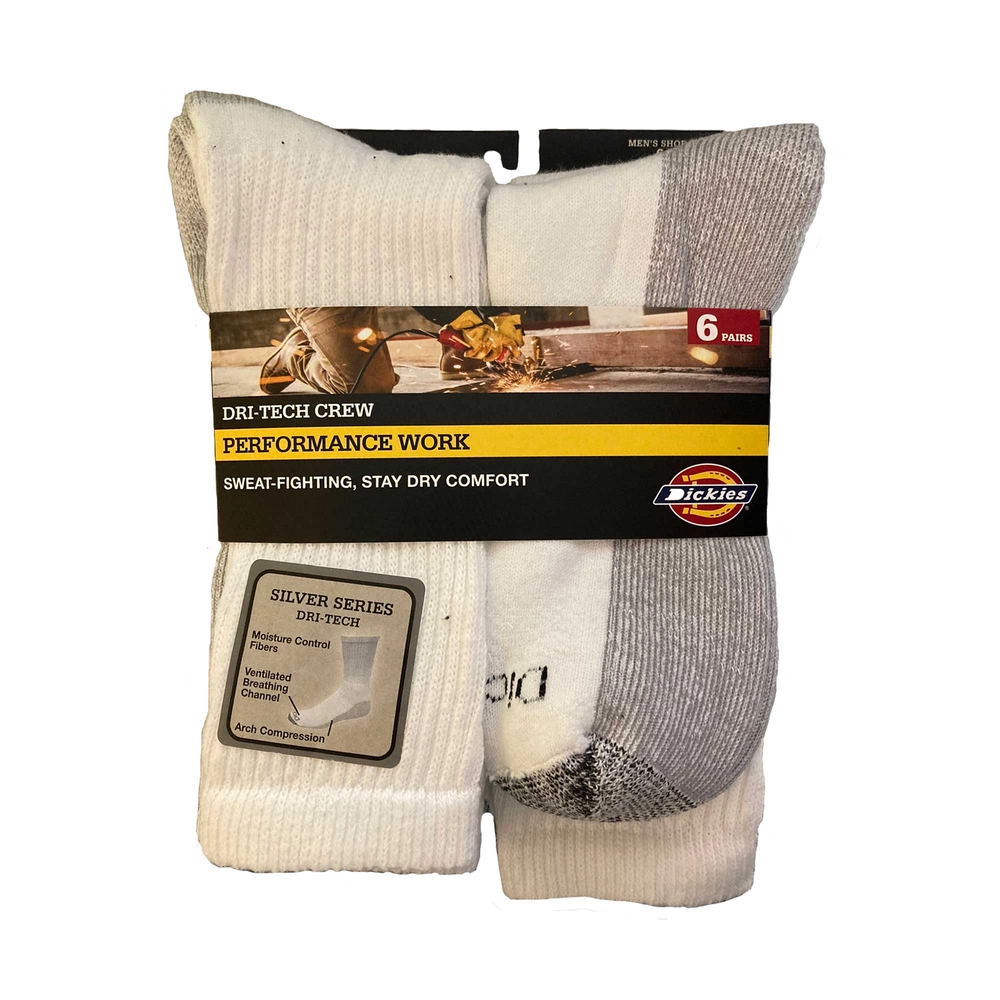Do you often find yourself battling with excess humidity inside your refrigerator? If so, you’re not alone. High humidity levels can lead to a host of problems, including mold growth, food spoilage, and even freezer burn. But don’t despair! There are a number of effective ways to control humidity in your refrigerator and keep your food fresh and safe.
One of the most common causes of high humidity in refrigerators is the introduction of warm, moist air when the door is opened and closed. To combat this, it’s important to minimize the amount of time the door is open and to avoid opening it frequently. When you do open the door, be sure to close it quickly and tightly to prevent warm air from entering.
Another way to control humidity in your refrigerator is to use a dehumidifier. Dehumidifiers work by absorbing moisture from the air, which helps to keep the humidity level low. There are a number of different types of dehumidifiers available, so be sure to choose one that is the right size for your refrigerator.
Finally, you can also help to control humidity in your refrigerator by adjusting the temperature. The colder the temperature, the less moisture the air can hold. So, if you’re having trouble controlling humidity, try lowering the temperature of your refrigerator by a few degrees.
Understanding Moisture Control: Managing High Humidity In Refrigerators
Moisture control in refrigerators is a crucial aspect of food preservation and maintaining the quality of perishable items. High humidity levels within the refrigerator can lead to an array of complications, including the proliferation of mold, premature food spoilage, and freezer burn. Tackling this issue requires a comprehensive understanding of the causes and effective strategies for managing humidity.
One of the primary causes of excess humidity in refrigerators is the introduction of moisture-laden warm air when the door is opened and closed. To mitigate this, it’s essential to minimize the duration the door remains open and avoid repeated openings. When accessing the refrigerator, ensure prompt and tight closure to prevent the entry of warm and humid air.
Dehumidifiers are also valuable tools for managing humidity in refrigerators. They effectively absorb moisture from the air, reducing the overall humidity levels. Various types of dehumidifiers are available, so it’s important to select one that aligns with the size and specific requirements of your refrigerator.
Temperature plays a significant role in humidity control as well. Lower temperatures reduce the moisture-holding capacity of the air. Consequently, if humidity management poses challenges, consider adjusting the temperature of your refrigerator to a slightly lower setting.

History and Evolution of Moisture Control: Managing High Humidity In Refrigerators
The concept of moisture control in refrigeration has evolved over time as technology and understanding of food preservation have advanced. Early refrigerators lacked sophisticated humidity management systems, leading to frequent spoilage and mold growth.
The introduction of dehumidifiers marked a significant step forward in humidity control. These devices effectively removed excess moisture from the air, extending the shelf life of perishable items. As refrigeration technology continued to develop, manufacturers incorporated built-in dehumidifiers into refrigerators, further enhancing their ability to maintain optimal humidity levels.
Modern refrigerators employ advanced sensors and control systems to precisely manage humidity. These systems monitor humidity levels and automatically adjust settings to maintain an ideal environment for food preservation. Additionally, innovative features such as air circulation systems help distribute moisture evenly throughout the refrigerator, preventing localized areas of high humidity.
The ongoing advancements in moisture control technology ensure that refrigerators can effectively preserve the freshness and quality of food for extended periods.

Unveiling the Secrets of Moisture Control: Managing High Humidity In Refrigerators
Moisture control in refrigerators involves more than simply preventing mold and spoilage; it’s about preserving the nutritional value, flavor, and texture of your food. Excess humidity can lead to the loss of essential nutrients, compromising the overall quality and taste of your meals.
By effectively managing humidity, you can extend the shelf life of fruits, vegetables, and other perishable items, reducing food waste and saving money. Additionally, maintaining optimal humidity levels helps prevent freezer burn, preserving the quality of frozen foods.
Understanding the principles of moisture control in refrigerators empowers you to make informed choices about food storage and preservation, ensuring that your food remains fresh, nutritious, and delicious for longer.

Recommendations for Effective Moisture Control: Managing High Humidity In Refrigerators
To ensure optimal moisture control in your refrigerator, consider implementing the following recommendations:
- Minimize the duration the refrigerator door remains open and avoid frequent openings.
- Incorporate a dehumidifier into your refrigerator to effectively absorb excess moisture.
- Adjust the temperature of your refrigerator to a slightly lower setting, as colder temperatures reduce the air’s moisture-holding capacity.
- Utilize air circulation systems to distribute moisture evenly throughout the refrigerator, preventing areas of high humidity.
- Regularly clean the refrigerator to remove any spills or condensation that may contribute to humidity.
By adhering to these recommendations, you can effectively manage humidity levels in your refrigerator, preserving the quality and freshness of your food.
![]()
Tips for Optimal Moisture Control: Managing High Humidity In Refrigerators
To further enhance your moisture control efforts, consider the following tips:
- Store fruits and vegetables in separate compartments or drawers designed to maintain higher humidity levels, preventing wilting and dehydration.
- Use airtight containers to store food, minimizing exposure to moisture and preserving freshness.
- Avoid overpacking your refrigerator, as overcrowding can restrict airflow and contribute to humidity.
- Regularly check the drip pan under the refrigerator to ensure it’s clean and free of any blockages, preventing water accumulation and excessive moisture.
By incorporating these additional tips into your routine, you can achieve optimal moisture control in your refrigerator, ensuring the longevity and quality of your perishable items.

Benefits of Effective Moisture Control: Managing High Humidity In Refrigerators
Effective moisture control in refrigerators offers numerous benefits, including:
- Extended shelf life of fruits, vegetables, and other perishable items, reducing food waste and saving money.
- Preservation of the nutritional value, flavor, and texture of food, ensuring optimal quality and taste.
- Prevention of freezer burn, maintaining the integrity of frozen foods.
- Improved overall hygiene and sanitation within the refrigerator, reducing the risk of bacterial growth and foodborne illnesses.
Investing in effective moisture control measures for your refrigerator can significantly enhance your food preservation efforts, providing you with fresher, healthier, and more flavorful meals for longer.

Fun Facts about Moisture Control: Managing High Humidity In Refrigerators
Did you know that:
- The optimal humidity level for most refrigerators ranges between 30% and 40%.
- Modern refrigerators often feature advanced sensors and control systems that automatically adjust humidity levels based on the contents of the refrigerator.
- Some refrigerators have built-in dehumidifiers that actively remove excess moisture from the air.
- Proper moisture control can help maintain the freshness of fruits and vegetables for up to twice as long.
These fun facts highlight the importance of moisture control in refrigerators and the innovative technologies employed to ensure optimal food preservation.

How to Troubleshoot Moisture Control: Managing High Humidity In Refrigerators
If you’re experiencing excessive humidity in your refrigerator despite implementing moisture control measures, there could be an underlying issue. Here’s how to troubleshoot:
- Check the door seal: A damaged or worn door seal can allow warm, humid air to enter the refrigerator. Inspect the seal for any tears or gaps and replace it if necessary.
- Clean the condenser coils: Dirty condenser coils can reduce the refrigerator’s ability to remove heat and moisture. Clean the coils regularly using a vacuum cleaner or brush.
- Inspect the defrost system: A malfunctioning defrost system can lead to ice buildup on the evaporator coils, blocking airflow and contributing to high humidity. Check the defrost timer, thermostat, and heating element for any issues.
By addressing these potential problems, you can restore optimal moisture control and ensure the proper functioning of your refrigerator.

What If Moisture Control: Managing High Humidity In Refrigerators Fails
If all else fails and you’re still struggling to control humidity in your refrigerator, consider the following:
- Use a commercial dehumidifier: Place a small dehumidifier inside the refrigerator to absorb excess moisture.
- Add a bowl of baking soda: Baking soda is a natural moisture absorber. Place an open box
